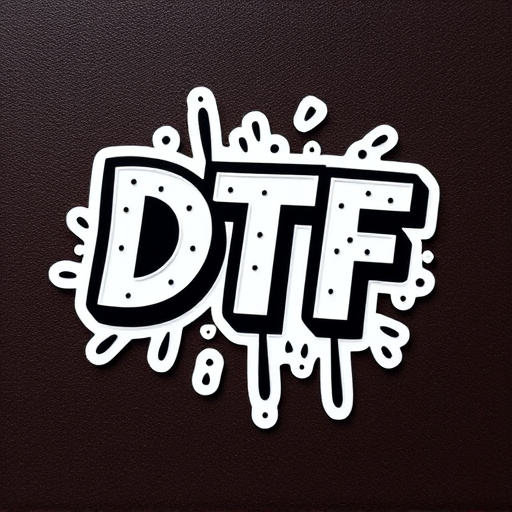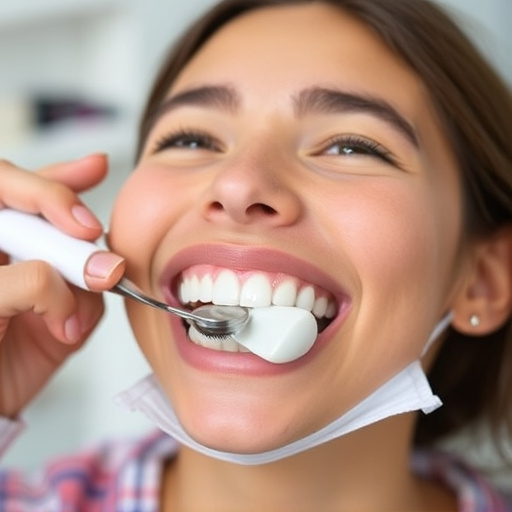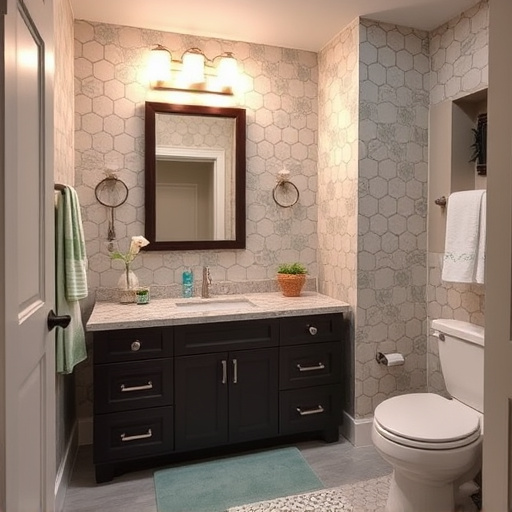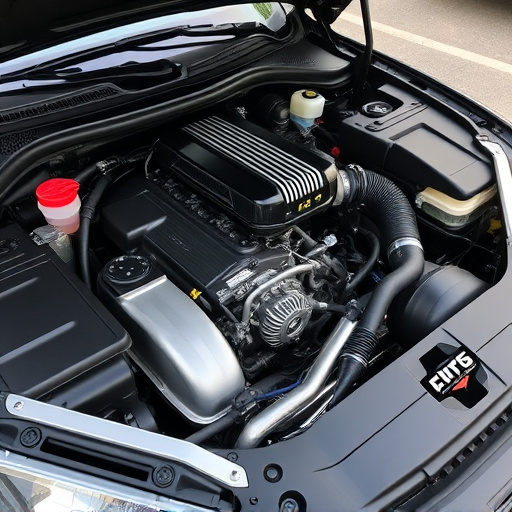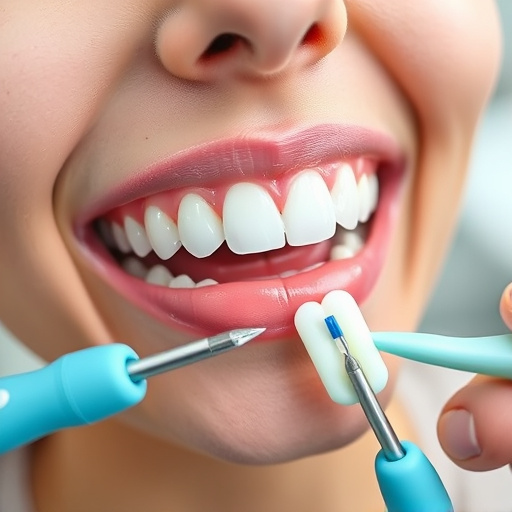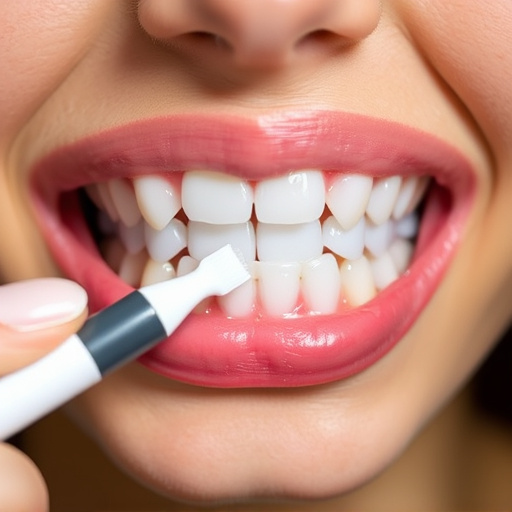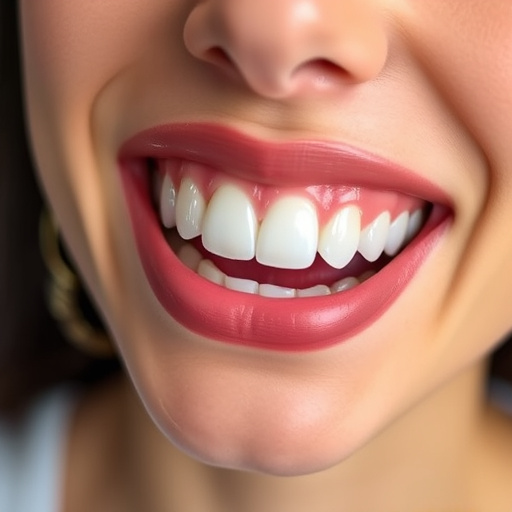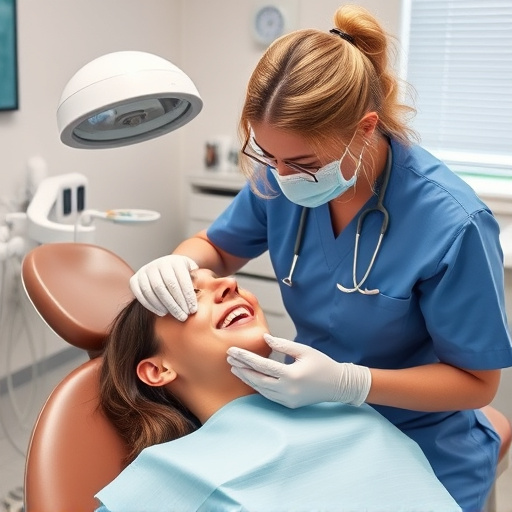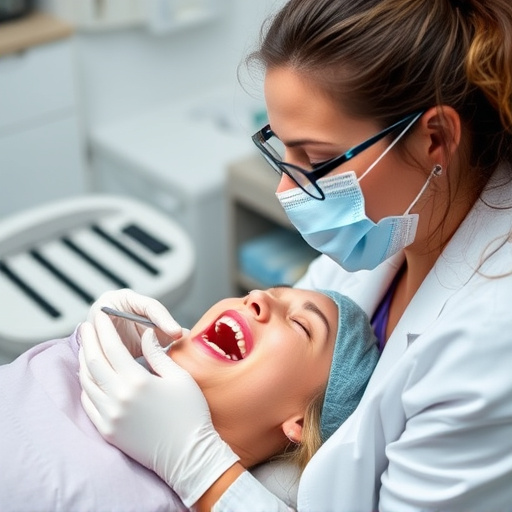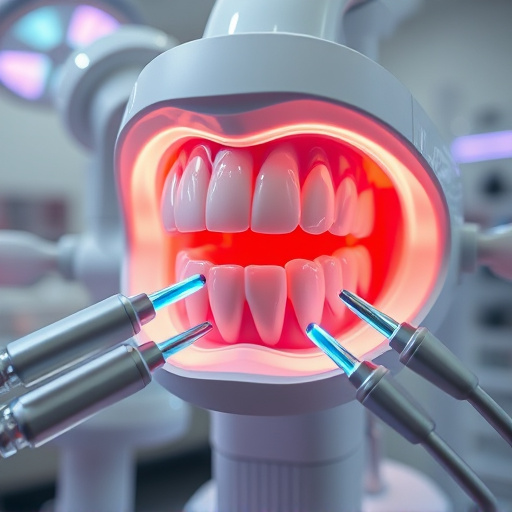Emergency dental situations can range from traumatic injuries to sudden infections, all requiring urgent attention to prevent further damage. Preventive dental care, including regular checkups, cleanings, and procedures like clear aligners or dental bonding, plays a crucial role in mitigating these emergencies by addressing potential issues early. Good oral hygiene practices at home and restorative procedures further enhance preventive care, leading to optimal dental health outcomes and reducing future emergency risks.
Emergency dental care is a vital pillar in maintaining optimal oral health. Understanding emergency dental situations is crucial, as these unforeseen events can significantly impact overall well-being. This article delves into the critical role of both preventive dental care and immediate relief. While preventing dental emergencies through regular check-ups and proper hygiene is key, accessing prompt treatment offers much-needed alleviation. We explore how comprehensive dental care, combining prevention and immediate solutions, ensures long-term oral health and peace of mind.
- Understanding Emergency Dental Situations
- The Role of Preventive Dental Care
- Accessing Immediate Relief and Long-Term Solutions
Understanding Emergency Dental Situations
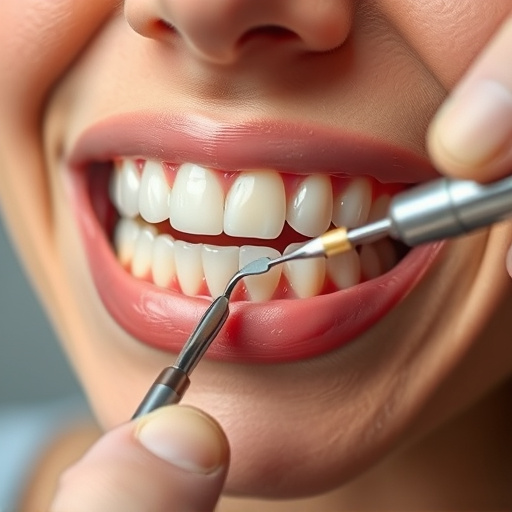
Emergency dental situations can arise from a variety of causes, ranging from accidental injuries to sudden oral health issues. Recognizing these scenarios as urgent is paramount for immediate relief and long-term oral health. Many people often associate emergency dentistry with traumatic incidents like tooth avulsions or severe facial fractures. However, it also encompasses lesser-known yet equally critical conditions such as intense tooth pain, oral infections, or unexpected tooth sensitivity. These situations demand prompt attention to prevent further complications and preserve the integrity of dental structures.
Preventive dental care plays a pivotal role in mitigating the frequency and severity of emergency dental cases. Regular checkups, cleanings, and discussions with dental professionals about specific concerns can help identify potential issues early on. For instance, clear aligners or dental bonding might be recommended to address minor misalignments or cosmetic concerns, thereby reducing the risk of complications that could later require more extensive treatments. Comprehensive dental care, encompassing both preventive and restorative procedures, is essential in navigating these emergencies effectively and ensuring optimal oral health outcomes.
The Role of Preventive Dental Care
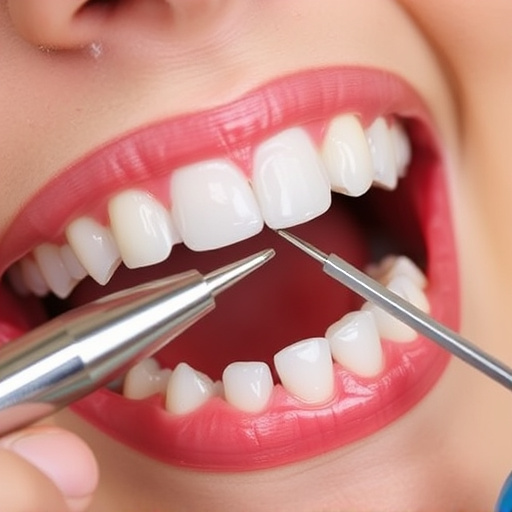
Preventive dental care is a cornerstone of maintaining optimal oral health, serving as a proactive approach to ward off potential issues before they escalate. Regular check-ups and cleanings at your family dentistry practice not only remove plaque and tartar buildup but also allow dentists to detect early signs of decay, gum disease, or other problems. This proactive strategy can save you from needing emergency dental care down the line by addressing issues when they’re small and more manageable.
Incorporating preventive measures into your routine extends beyond professional cleanings. Good oral hygiene practices at home, such as brushing twice daily with fluoride toothpaste and flossing once per day, create a solid foundation for maintaining strong, healthy teeth. Additionally, exploring options like dental crowns or cosmetic fillings can help restore and protect damaged teeth, further contributing to a robust preventive care regimen.
Accessing Immediate Relief and Long-Term Solutions
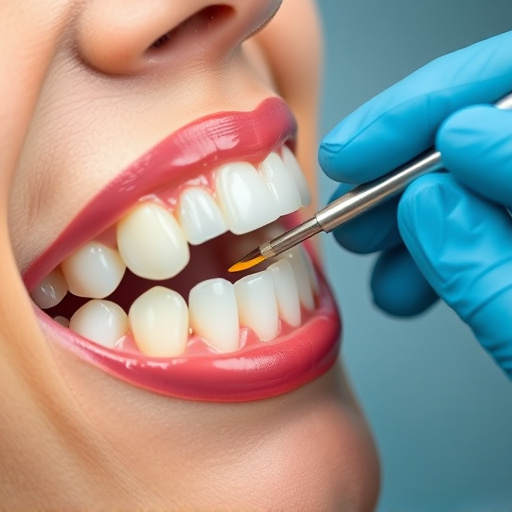
Accessing immediate relief from dental pain or discomfort is crucial for maintaining overall well-being. Emergency dental care services provide a safety net for unexpected toothaches, injuries, or infections, ensuring swift alleviation of symptoms. However, addressing dental issues promptly doesn’t stop at temporary relief; it’s the first step towards long-term solutions and preventive dental care.
After initial emergency treatment, such as a tooth repair or teeth cleaning, patients are guided towards regular family dentistry appointments. These routine visits allow for comprehensive assessments, early detection of potential problems, and ongoing oral health management. By combining immediate relief with consistent preventive dental care, individuals can achieve and sustain optimal dental health, reducing the likelihood of future emergencies.
Emergency dental care is not just about fixing a broken tooth; it’s a critical component of overall wellness. By prioritizing both preventive dental care and prompt attention in emergencies, individuals can achieve and maintain optimal oral health. Regular checkups and good oral hygiene practices form the foundation for avoiding crises, while emergency services provide much-needed relief when issues arise. Investing in these dual aspects ensures a healthy smile both now and in the future.
